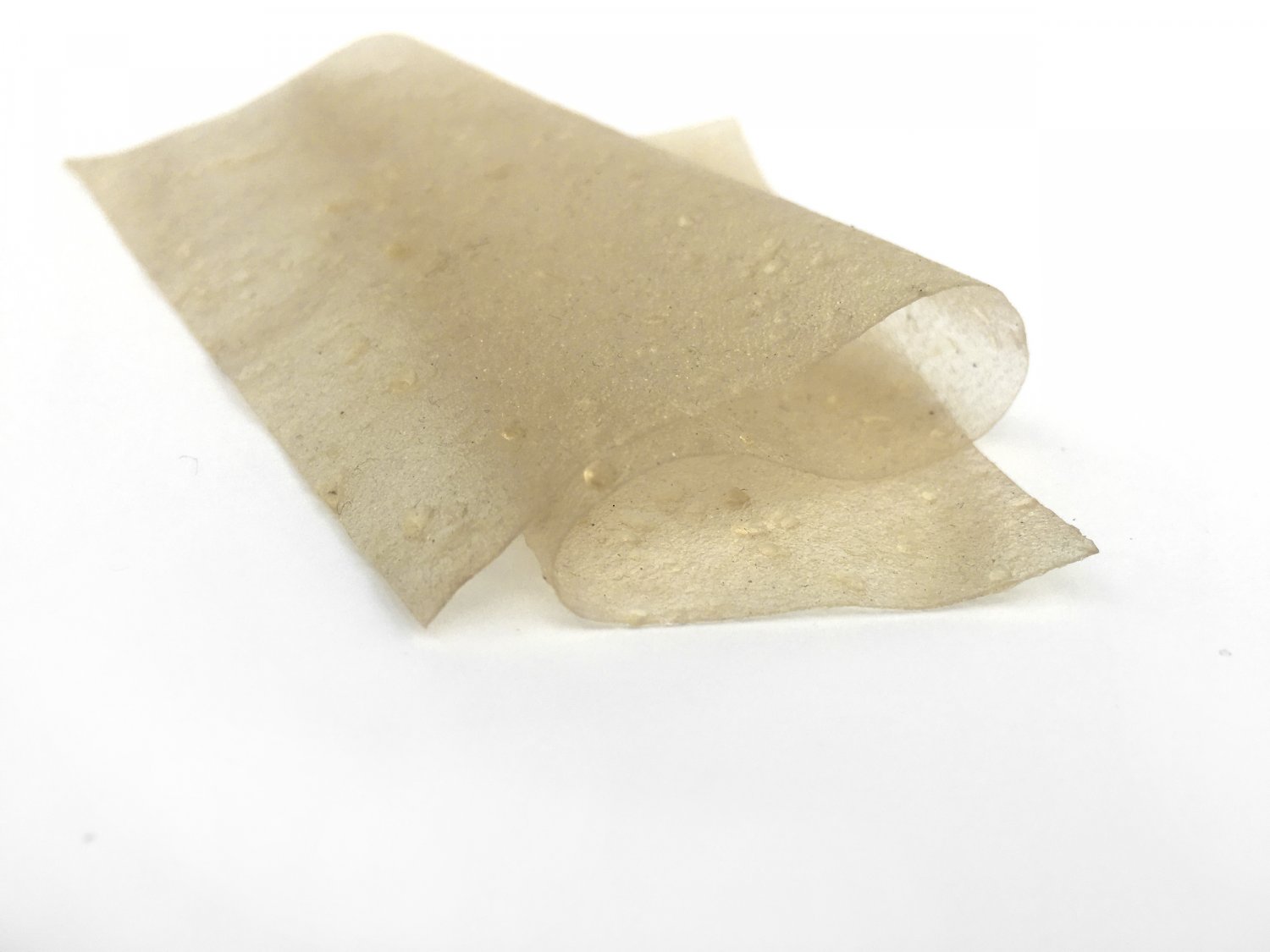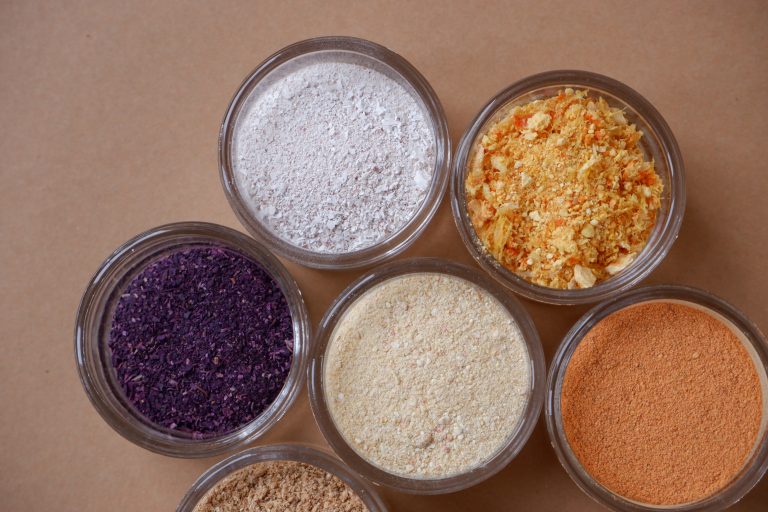
1
The sharing of information and production processes is also linked to the aforementioned participation. Conscious and responsible designers respond to the need to involve customers directly in the product development process with newly emerging guidance on materials with recipes and methods.
The role of responsible designers is thus partially changing and shifting to a more educational level - with an appeal to share knowledge, information and experience.
This mainly concerns growing materials (fungi, kombucha) or the use of domestic food waste from which people can create biodegradable (self-degradable in soil) materials and objects.
An example of such a mindset is the Materiom platform, which has open-source recipes and methods. Its co-founder is Liz Corbin who summarises Materiom's career and main goals in a podcast: ‘We need a new relationship with the material world’. She claims that her current work focuses primarily on helping people understand the importance and value of the materials that surround us every day.
A similar new responsible approach to the design profession is presented by Paula Nerlich, who is the co-founder of a recently launched series of virtual workshops called the ‘Circular Home Lab’. Workshop participants are introduced to the ideas and importance of circular design and learn to create household items from their own food waste. Thus, in addition to her research activities, Nerlich passes on her discoveries and knowledge to the public.
This mainly concerns growing materials (fungi, kombucha) or the use of domestic food waste from which people can create biodegradable (self-degradable in soil) materials and objects.
An example of such a mindset is the Materiom platform, which has open-source recipes and methods. Its co-founder is Liz Corbin who summarises Materiom's career and main goals in a podcast: ‘We need a new relationship with the material world’. She claims that her current work focuses primarily on helping people understand the importance and value of the materials that surround us every day.
A similar new responsible approach to the design profession is presented by Paula Nerlich, who is the co-founder of a recently launched series of virtual workshops called the ‘Circular Home Lab’. Workshop participants are introduced to the ideas and importance of circular design and learn to create household items from their own food waste. Thus, in addition to her research activities, Nerlich passes on her discoveries and knowledge to the public.

2